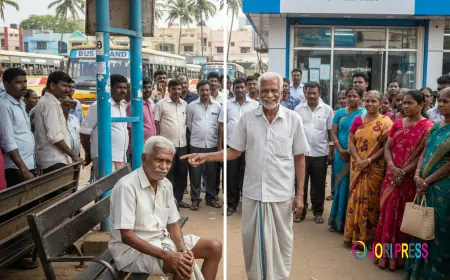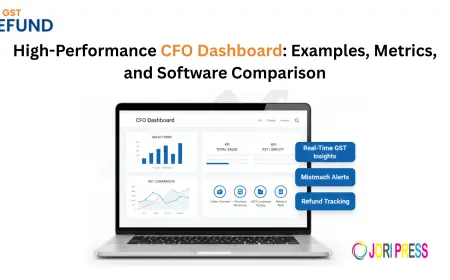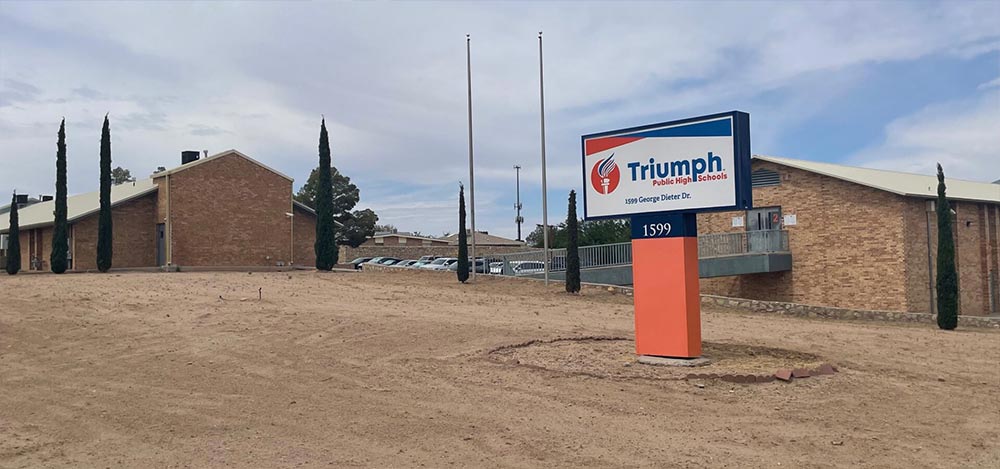Navigating the South Korean Pharma Market: A Regulatory Overview
The regulatory services offered in South Korea center on helping international pharmaceutical and medical device companies achieve market authorization from the Ministry of Food and Drug Safety (MFDS). These services cover the entire regulatory lifecycle, including preparing and submitting product dossiers (like NDAs or generics), ensuring compliance with strict Good Manufacturing Practice (GMP) standards, and fulfilling mandatory local requirements. A key component is providing an In-Country Caretaker (ICC) to act as the legal liaison with the MFDS for registration, labeling, and continuous Pharmacovigilance (safety monitoring), which is essential for successful and sustained market access in the country.

South Korea offers a dynamic and high-value pharmaceutical market, but entry requires rigorous Regulatory Compliance with the regulations set by the Ministry of Food and Drug Safety (MFDS). The MFDS is the central authority overseeing the entire product lifecycle, from initial clinical trials to post-market surveillance. For global companies, understanding the classification of your product—whether it's a New Drug, a Generic, or a Biosimilar—is the critical first step, as this determines the required data package for your application.
A non-negotiable requirement for foreign manufacturers is establishing a local foothold through an In-Country Caretaker (ICC) or a local Marketing Authorization Holder (MAH). This local entity acts as the primary link to the MFDS, taking on legal responsibilities such as submitting the registration dossier, ensuring all product labeling adheres to Korean language standards, and managing crucial safety reports. Without this authorized local presence, your product cannot legally proceed through the approval process or be placed on the market.
Beyond the initial application, the MFDS enforces strict quality and safety standards that must be maintained. This includes mandatory compliance with Good Manufacturing Practice (GMP), which often involves the MFDS conducting inspections of international manufacturing facilities. Furthermore, a robust pharmacovigilance system is required post-approval, obligating the local representative to continuously monitor for and report all adverse events to the MFDS, ensuring the drug’s benefit-risk profile remains favorable to the Korean patient population.
Successfully navigating this regulatory landscape requires more than just submitting documents; it demands strategic planning and localized expertise. By partnering with experienced regulatory professionals who are fluent in MFDS procedures and language, global pharmaceutical companies can streamline their submissions, anticipate potential regulatory hurdles, and accelerate the timeline for bringing their innovative and essential medicines to the rapidly expanding South Korean market.
What's Your Reaction?
 Like
0
Like
0
 Dislike
0
Dislike
0
 Love
0
Love
0
 Funny
0
Funny
0
 Angry
0
Angry
0
 Sad
0
Sad
0
 Wow
0
Wow
0















































